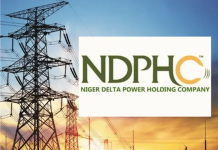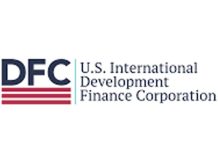The Economic Community of West African States (ECOWAS) on Friday inaugurated its Regional Electricity Market to address power challenges and fast track efficient cross-border electricity trade among member states.
President of Benin, Mr Patrice Talon, represented by the Senior Minister of Planning and Development, Mr Abdulahi Tchiane, officially inaugurated the project.
He said that the measure would go a long way in ensuring steady integrated power supply among member states.
The official launch was preceded by series of meetings by experts and Ministers of Energy from ECOWAS Member States to review and adopt a document for the takeoff of the regional electricity market.
Talon said that the inauguration of the project was a realisation of the founding fathers of ECOWAS and would help boost economic integration and development in the sub-region.
“The inauguration of this project is very historic and it will also help our economic integration and development in ECOWAS, ” he said.
Earlier, Nigeria’s Minister of State for Power, Works and Housing, Mr Suleiman Hassan told newsmen that the project would help solve some of the power challenges in the sub-region.
He said that Nigeria as a major player in the electricity market would be fully involved in the implementation of the project.
“The setting up of the regional electricity market will help solve the problem of unequal distribution of energy resources between member states,
“It would also bridge the gap between supply and demand for electricity,
“In the long run, the regional integration of the West African Electricity sector into a unified market will enable the population of ECOWAS benefit from a more reliable and affordable electricity supply, ” he said.
The Regional Electricity Market is being coordinated, managed and regulated by the ECOWAS Regional Electricity Regulatory Authority (ERERA) and the West African Power Pool (WAPP).
The Regional Electricity Market is planned in three phases with the first phase being transitional for two years while the second phase kick starts by 2020 with a competitive market.
The third phase is a long-term vision dependent on the availability of adequate regional transmission capacity and enough generation reserve in member States.












